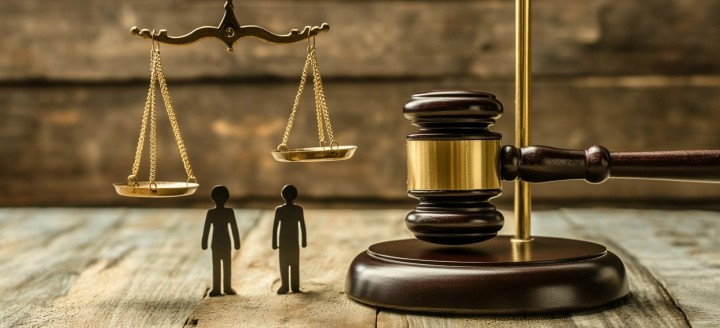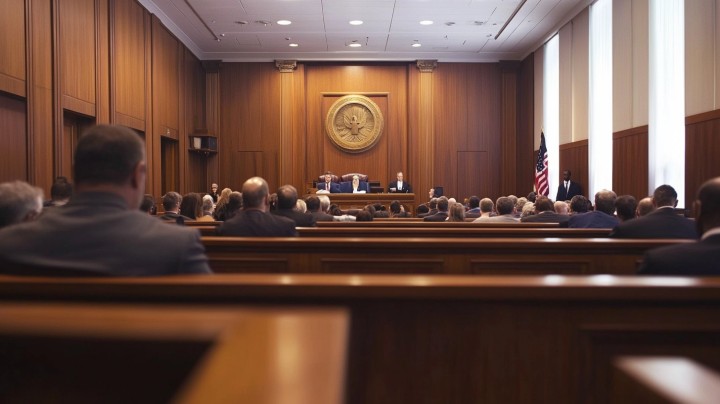Definition and Importance of Vehicle Registration
Vehicle registration is a mandatory process that links a vehicle to its owner and provides the state with essential information for law enforcement, taxation, and public safety. Registration ensures that vehicles meet safety and emissions standards and allows the state to collect necessary fees.
Overview of Texas Registration Laws
In Texas, all motor vehicles must be registered with the Texas Department of Motor Vehicles (TxDMV). The law requires new residents to register their vehicles within 30 days of moving to Texas. Registration must be renewed annually to maintain legal compliance.
Legal Requirements for Vehicle Registration in Texas
Initial Registration Process
The initial registration process for a vehicle in Texas involves several steps:
- Inspection: All vehicles must pass a safety inspection at a certified inspection station.
- Insurance: Proof of valid Texas auto insurance is required.
- Application: Complete the Application for Texas Title and/or Registration (Form 130-U).
- Fees: Pay the required registration and title fees.
Renewal Process
Vehicle registration in Texas must be renewed annually. The renewal process can be completed online, by mail, or in person at a county tax office. A renewal notice is typically sent out by the TxDMV before the expiration date.
Required Documentation
- Proof of vehicle inspection
- Proof of insurance
- Renewal notice or Vehicle Identification Number (VIN)
- Payment for registration fees
Consequences of Driving Without Registration
Fines and Penalties
Driving without registration in Texas can result in fines ranging from $200 to $500. Repeat offenses can lead to higher fines and additional penalties.
Impact on Insurance
Driving an unregistered vehicle can impact your auto insurance. Some insurers may deny coverage for incidents involving unregistered vehicles, potentially leading to significant out-of-pocket expenses in the event of an accident.
Potential Court Appearance
In some cases, driving without registration may require a court appearance. The court can impose additional penalties, such as community service or driving course requirements.
Steps to Take if Caught Driving Without Registration
Immediate Actions
If you are pulled over and found driving without registration:
- Remain calm and polite.
- Provide the officer with your driver’s license and any other requested documentation.
- Accept the citation and thank the officer.
How to Address the Ticket
- Pay the Fine: Follow the instructions on the ticket to pay the fine.
- Contest the Ticket: If you believe the ticket was issued in error, you can contest it in court.
- Register Your Vehicle: Immediately take steps to register your vehicle and provide proof of registration to the court if required.
Legal Advice and Representation
Consider seeking legal advice if you are unsure how to proceed. An attorney can help you navigate the legal system and may be able to reduce or dismiss the charges.
How to Register Your Vehicle in Texas
Online Registration Process
- Visit the TxDMV website.
- Enter your license plate number or VIN.
- Follow the prompts to complete the registration and pay the required fees.
In-Person Registration
- Visit your local county tax office.
- Bring required documentation and payment.
- Complete the registration process with the assistance of a clerk.
Mail-In Registration
- Complete the renewal notice form.
- Include proof of insurance and payment.
- Mail the documents to the address provided on the renewal notice.
Common Reasons for Registration Issues
Financial Constraints
Some vehicle owners may delay registration due to financial difficulties. However, driving without registration can lead to higher costs in fines and penalties.
Administrative Errors
Errors in paperwork or changes in ownership can cause registration issues. Ensure all documents are accurate and up-to-date to avoid problems.
Change of Ownership
When buying or selling a vehicle, it is essential to complete the title transfer and registration promptly to avoid any legal issues.
FAQs
What is the grace period for registration renewal in Texas?
Texas allows a five-day grace period after your registration expires to renew without penalty. After this period, you may be subject to fines.
Can I drive with an expired registration if I just moved to Texas?
New residents have 30 days to register their vehicles in Texas. During this period, you can drive with out-of-state registration, provided it is still valid.
How do I handle lost registration papers?
You can request a duplicate registration receipt through the TxDMV website or by visiting your local county tax office.
Are there any exemptions for registration requirements?
Certain vehicles, such as trailers or off-road vehicles, may have different registration requirements. Check with the TxDMV for specific exemptions.
What happens if I don’t renew my registration on time?
Failure to renew your registration on time can result in fines, penalties, and the risk of your vehicle being impounded if caught driving with expired registration.
Can my vehicle be impounded for driving without registration?
Yes, in some cases, law enforcement may impound your vehicle if you are found driving without valid registration.
Conclusion
Driving without registration in Texas can lead to significant legal and financial consequences. It is crucial to understand the registration requirements, keep your vehicle’s registration up to date, and address any issues promptly. By following the proper procedures and staying informed, you can avoid the pitfalls of driving without registration and ensure a smooth and compliant driving experience in Texas.








